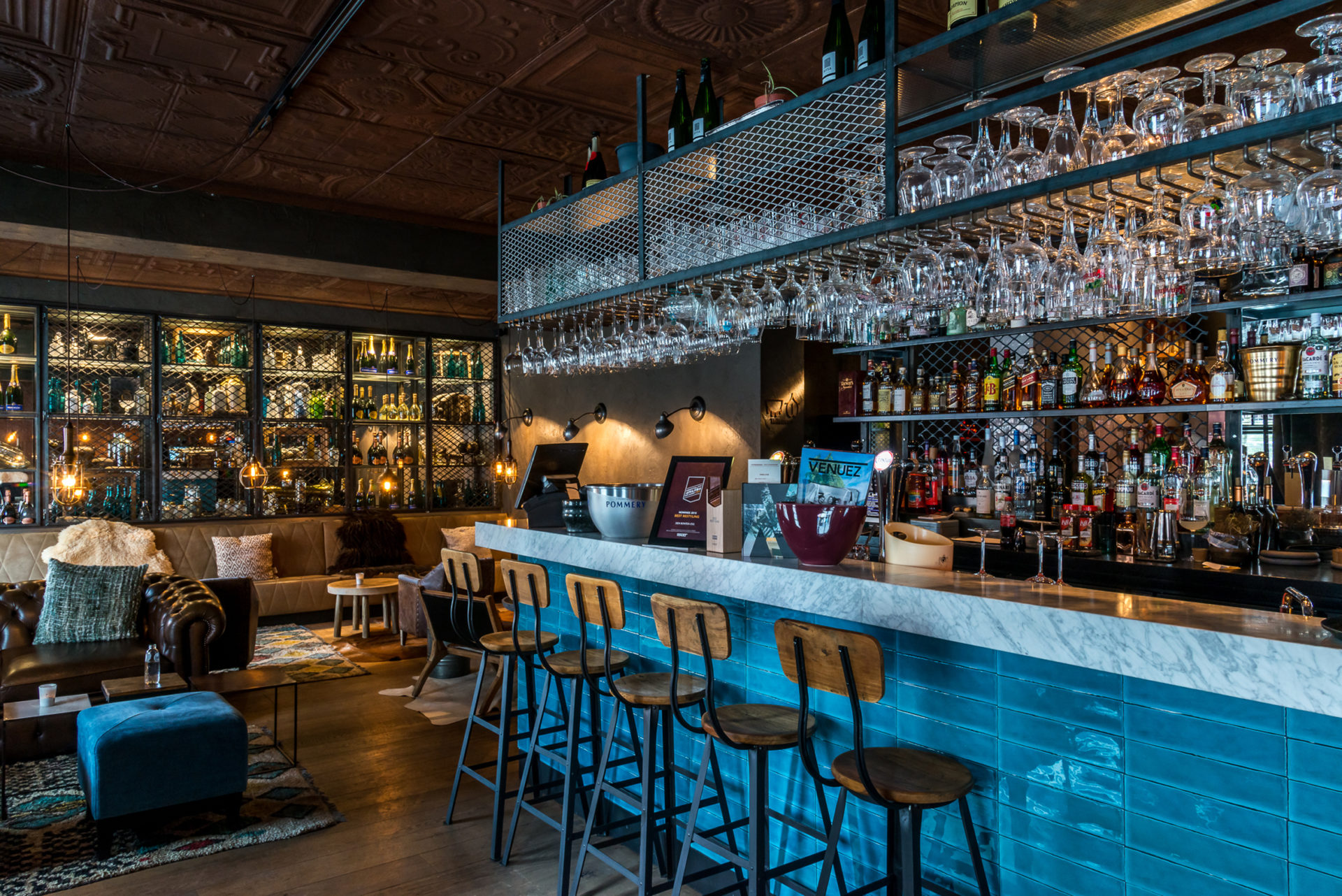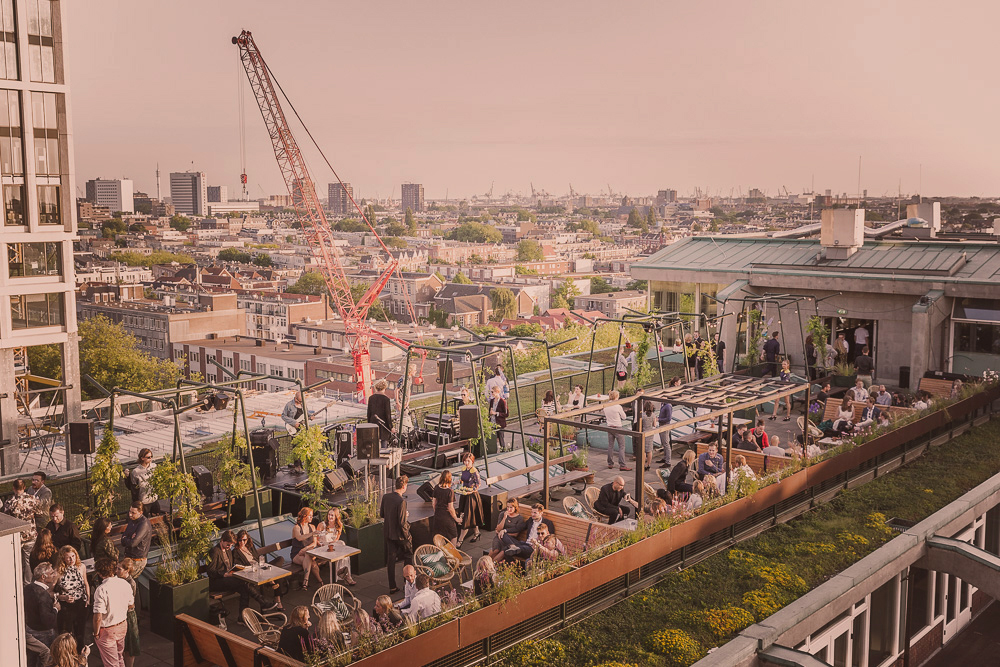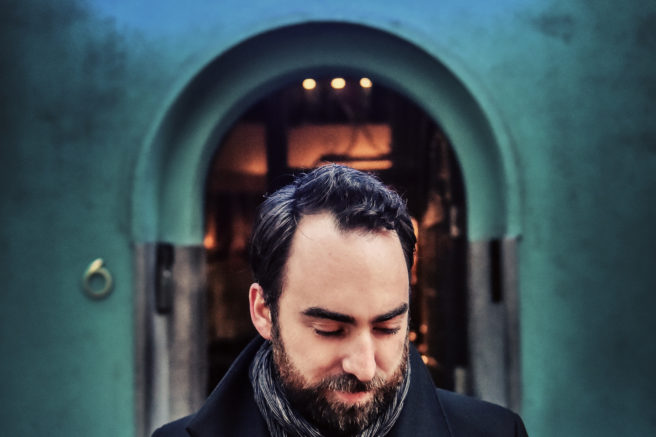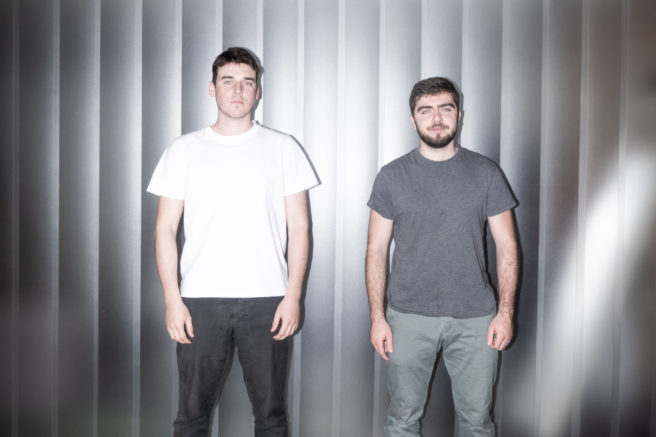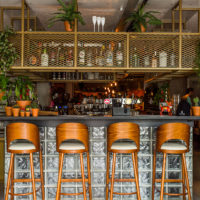Wanderful Loves
Will Erens wanted to be a tennis pro. But a knee injury made him change his career plans. The daredevil from Maasmechelen went on to become a visionary in the field of interior design and other design concepts. ‘You can’t learn to be a designer in school, only life will teach you that.’
Will Erens grew up in a James Bond interior. Pool on the roof. Verner Panton chairs and a Le Corbusier lounge chair in the living room. His father was an architect and a lover of anything visionary. He passed away when his children were teenagers, but had told them already that architecture was a no-go zone for them. Because: ‘you will always have to build someone else’s dreams.’
Will: ‘I was never ever going to follow in my father’s footsteps. Tennis was my thing, but that dream vanished the day I injured my knee. Lying in hospital, I started drawing. Then I went to art school in Limburg, but I only stayed a year. I was doing everyone’s homework except my own. I was into airbrush, I wanted to build sets. My internship at a local window-dresser’s changed my view on things: he introduced me to the golden section. It was pure epiphany. I suddenly saw the light.’ (he smiles)
Will started as a set builder and stylist, doing odd jobs from fashion shows (with some of the famous Antwerp Six) in shop interiors. One of his first ventures was turning a wash salon into a grocery store annex hamburger joint. He went on to make other dreams come true: whether it was for a fashion brand or for a café owner. ‘I think I learned a lot from my father who tried out things in his own house, before doing it elsewhere. We had suspended stairs and olive green doors back in the Seventies. I believe you cannot learn to be a designer at school. Life and the people you meet will do that for you. And no, I am not talking about building a huge network, I always say that you have to surround yourself with nice people you would love to work with.’
Will built a huge business working for people in the four corners of the world. Projects from his design studio Creneau (and later Puresang) made it into Wallpaper* and other trending magazines, and even white collar business schools like Vlerick invited Erens for speeches and workshops. Erens lived life in the fast lane for more than twenty years, but the ups were often followed by downs, because money was never on Will’s mind. ‘If you ask me about my favorite projects, I can mention the 17 million Euro hotel project we are working on right now (with his new business Too Many Agencies). But I’d rather tell you about that first café annex nightclub I built in Maastricht. Jabbedabbedoe was a 5000 Belgian francs project (125 euro). Today we would call it a hipster bar. It was vintage all the way. And storytelling. That’s the current buzz word, but to be honest: I’ve been telling stories all my life.’

Even though Will Erens is a self-taught man, he is not anti-school. School can be okay, if the drive and the passion are present. ‘As a designer I have always thought in concepts. You don’t build an interior, you build a world, from postcards or menu to bricks-and-mortar. I do think that the schooling for creative jobs should change. I don’t believe in entrance examinations at all, because few people know themselves at a young age and most do need time to develop their talent. It took me a while too before I acknowledged my creative path. I also think that splitting up disciplines isn’t necessary. Why not present students with a broad creative program adding several specializations on Saturday. Then you put the question out there: is it worth this extra day? Do you really want to do this?’
Will often works with trainees, the last few years they mostly come from Holland. ‘I like the school system in Holland; they can be an intern for half a year and even more, should they want. And I get the feeling they really want to develop new stuff in Holland. Look at the rise of Amsterdam. What a great inspiring place. My philosophy is quite simple: just go for it. Try it out. Live and dare. Lots of youngsters today immediately wonder how much money will be involved in a project. I have always thought about the project first, the money issue came later. I have always invested in my job. I thought: maybe there’s no money yet. But maybe within a few months, there will be money, and then I will be able to do a second project.’
Being a designer has never been a nine-to-five job for Erens. ‘It’s like being part of the premier league in soccer. You always have to be on top of things. I never stop thinking about projects. My mind never stops. That’s why I always want to do projects, rather than keep discussing them. I walked by the Central Station area in Antwerp a few days ago. My god, so many empty spaces. A ten-minute brainstorm with my team and I know the answer to that problem. Sometimes I get the impression that nothing ever happens in cities like Antwerp. People keep talking about projects, but they hardly do the work.’
He has never considered himself a teacher, although he did give workshops and would love to be a Maecenas to youngsters. ‘One intern left here once, saying I taught him to think differently. I was absolutely stunned by those words. I would really love to help young people to build their own dreams. I would especially try and tell them what not to do, because the real world is not what professors tell them in school. That shouldn’t be a negative thing: I can live with the fact that my ideas need readjustment, that people want some things done differently. As long as all of us are happy with the result, there’s no problem now, is there?’
Needless to say, Will has ideas for the ideal design school. He has been discussing a particular project for quite some time now. ‘Think of this academy, which isn’t really a school anymore but a real business. Even kids who cannot pay the tuition fees are welcome. Every student would get a share of the business and once the three-year course is over, the student would get a certain amount of money to start his or her own business. The teachers would not get paid. It’s a way of giving back to society. And to be honest: I think we need more rough diamonds. So many people walk around with a talent that is undiscovered. Even to themselves. I would try to get a mix of nationalities and cultures in the academy, because I think there’s lots of talent around, but we hardly see designers from our multicultural society. I understand why: they hardly believe that being a creative person can bring in money. Eventually, that is.’ (he smiles)
